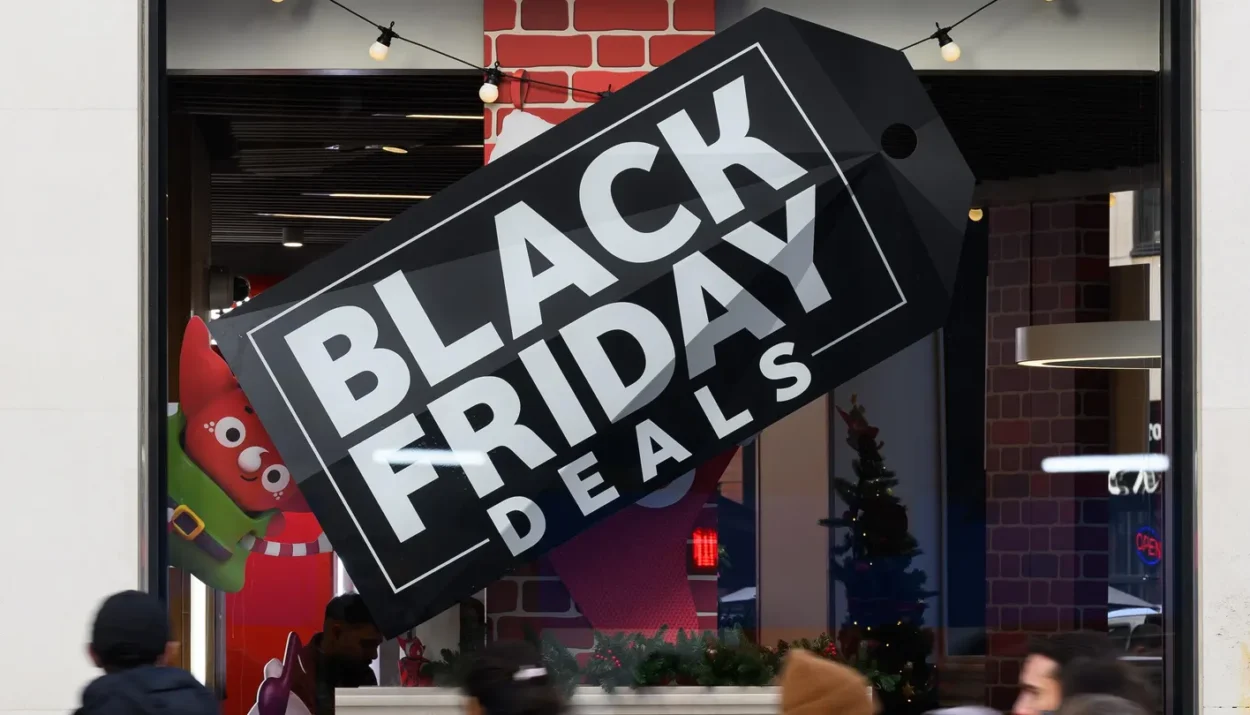As the Black Friday season continues, scammers leverage the AI to craft more convincing frauds. Here’s what to watch for:
Common Scams:
- Emails: Fake sale alerts claiming to be from retailers like Amazon or Costco.
- Social Media Ads: Fraudulent ads tailored using personal details like shopping history.
- Delivery Texts: Fake messages from delivery services asking for personal or payment information.
- Search Engine Links: Links to fake websites pretending to sell popular items.
AI-Driven Scams:
- Sophisticated Emails and Websites: Generative AI creates convincing designs, emails, and images mimicking real brands.
- Deepfakes: AI-generated fake celebrity endorsements make scams more realistic.
- Scalable Attacks: AI enables large-scale phishing and website replication.
Key Statistics:
- 1 in 3 Americans fall for holiday scams (McAfee, 2024).
- $95.2 million reported in losses during the 2023 holiday season (FTC).
- A phishing campaign in October targeted U.S. and European shoppers, stealing personal and banking details.
Spotting Scams:
- Check URLs: Look for errors or inconsistencies in website addresses.
- Avoid Pressure Tactics: Scammers often use countdowns to create urgency.
- Validate Deals: If a discount seems too good to be true, confirm directly on the retailer’s website.
- Question Random Endorsements: Verify celebrity endorsements with trusted sources.
Stay Safe:
- Use Credit Cards: They offer fraud protections and easier reimbursement for unauthorized transactions.
- Avoid Clicking Directly on Ads: Instead, visit the retailer’s official site.
- Be Cautious with Personal Information: Only share details on verified platforms.
By staying vigilant and verifying deals, you can avoid falling victim to holiday scams.










